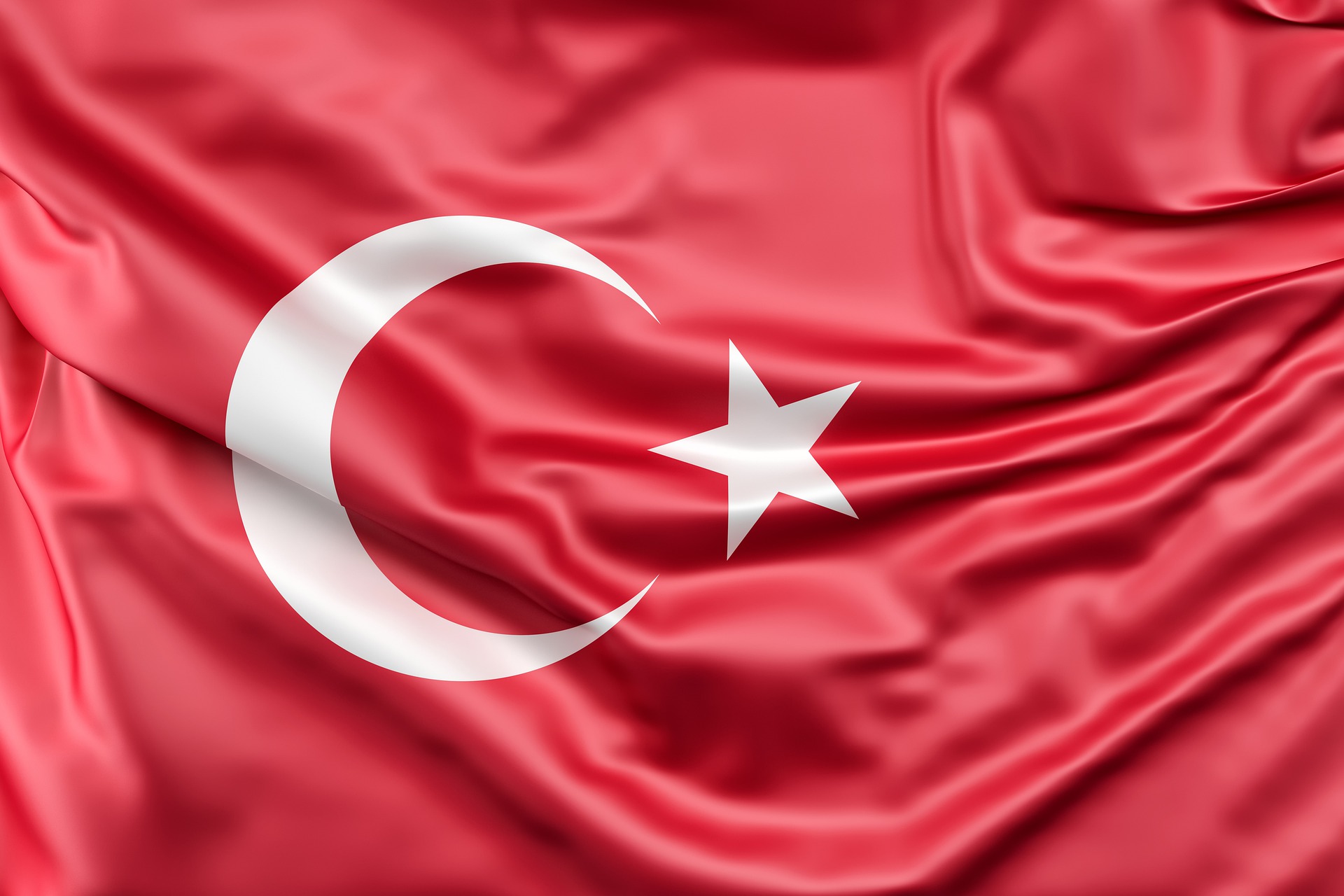
403
Sorry!!
Error! We're sorry, but the page you were looking for doesn't exist.
Escalating tensions between Israel, Turkey fueled by changing regional landscape
(MENAFN) The escalating tensions between Israel and Turkey have been fueled by the changing regional landscape, especially in Syria, where both countries have seen benefits from the collapse of the Iranian-led axis. However, despite this, there is a growing need for dialogue and mechanisms to prevent direct conflict between the two powers. The October 7 Hamas attacks worsened Israeli-Turkish relations, bringing both countries into direct diplomatic conflict over not just the Middle East but the broader Mediterranean region. The fall of Bashar al-Assad's regime in Syria in December 2024 further intensified this rivalry, with both nations vying for regional influence. The key question remains whether this escalating tension can be mediated or whether the two countries are on a path toward confrontation.
The ongoing Israel-Hamas war has been a major point of contention, with Turkey, under President Erdogan's Justice and Development Party (AKP), aligning with Hamas and strongly criticizing Israeli actions. Turkey's support for Hamas, along with its moral backing and involvement in international legal challenges against Israel, has sparked further diplomatic discord. While Turkey has cut trade ties and threatened action if Israel expands into Lebanon, these actions have yet to be fully realized. Meanwhile, the conflict in Syria is becoming an additional flashpoint. In late 2024, Syrian rebel groups, led by Hay'at Tahrir al-Sham (HTS), launched a successful offensive against the Assad regime, which collapsed without sufficient backing from Russia, Iran, and Hezbollah. Turkey, tired of Assad's refusal to allow Syrian refugees to return, played a significant role in supporting the offensive. The new HTS-led government is now moving toward normalizing relations with Turkey, which could involve cooperation in reconstruction, energy, and defense sectors.
Israel, in response, has escalated its actions by seizing Mount Hermon and launching strikes against Syrian military positions, citing security threats. The Turkish-backed Syrian National Army (SNA) continues its efforts against Kurdish forces in northern Syria, a group that Turkey considers terrorist organizations. Both Israel and Turkey have condemned each other’s actions in Syria, with each country focusing on different objectives, such as Israel’s interest in neutralizing weapons from Assad’s regime and Turkey’s goal of dismantling Kurdish forces. The evolving situation in Syria could play into Erdogan's hands, positioning Turkey as a regional leader, especially if the new HTS government requests Turkish military support. This development could replace Hezbollah and the Iranian Revolutionary Guard Corps (IRGC) as the latest threat on Israel’s borders, potentially altering the balance of power in the region.
The ongoing Israel-Hamas war has been a major point of contention, with Turkey, under President Erdogan's Justice and Development Party (AKP), aligning with Hamas and strongly criticizing Israeli actions. Turkey's support for Hamas, along with its moral backing and involvement in international legal challenges against Israel, has sparked further diplomatic discord. While Turkey has cut trade ties and threatened action if Israel expands into Lebanon, these actions have yet to be fully realized. Meanwhile, the conflict in Syria is becoming an additional flashpoint. In late 2024, Syrian rebel groups, led by Hay'at Tahrir al-Sham (HTS), launched a successful offensive against the Assad regime, which collapsed without sufficient backing from Russia, Iran, and Hezbollah. Turkey, tired of Assad's refusal to allow Syrian refugees to return, played a significant role in supporting the offensive. The new HTS-led government is now moving toward normalizing relations with Turkey, which could involve cooperation in reconstruction, energy, and defense sectors.
Israel, in response, has escalated its actions by seizing Mount Hermon and launching strikes against Syrian military positions, citing security threats. The Turkish-backed Syrian National Army (SNA) continues its efforts against Kurdish forces in northern Syria, a group that Turkey considers terrorist organizations. Both Israel and Turkey have condemned each other’s actions in Syria, with each country focusing on different objectives, such as Israel’s interest in neutralizing weapons from Assad’s regime and Turkey’s goal of dismantling Kurdish forces. The evolving situation in Syria could play into Erdogan's hands, positioning Turkey as a regional leader, especially if the new HTS government requests Turkish military support. This development could replace Hezbollah and the Iranian Revolutionary Guard Corps (IRGC) as the latest threat on Israel’s borders, potentially altering the balance of power in the region.

Legal Disclaimer:
MENAFN provides the
information “as is” without warranty of any kind. We do not accept
any responsibility or liability for the accuracy, content, images,
videos, licenses, completeness, legality, or reliability of the information
contained in this article. If you have any complaints or copyright
issues related to this article, kindly contact the provider above.


















Comments
No comment